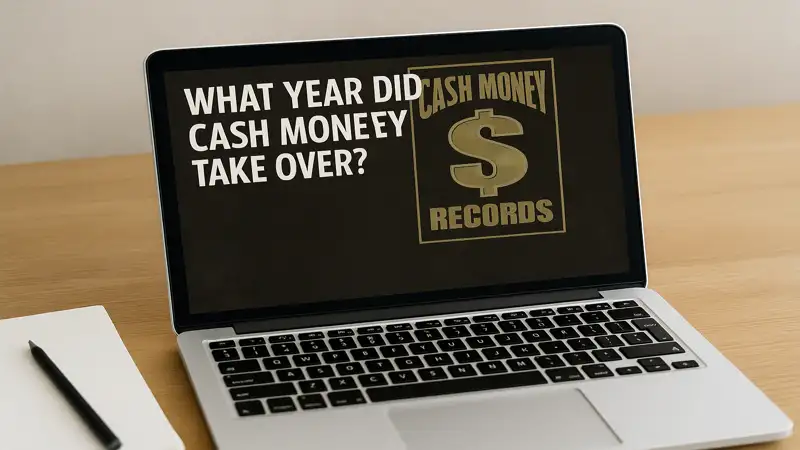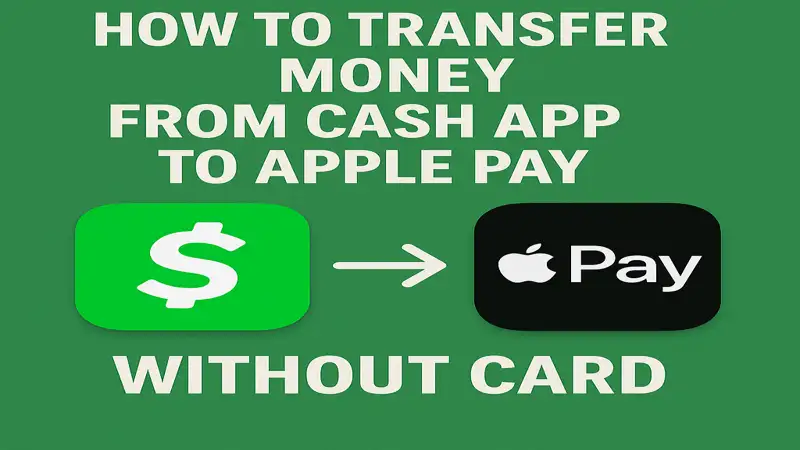If you’ve ever asked, What year did Cash Money take over, you’re not alone. The rise of this iconic label is one of the most talked-about success stories in hip-hop. From local beginnings in New Orleans to dominating national charts, Cash Money Records transformed the game. But pinpointing the exact year they truly “took over” helps understand just how powerful their influence became.
So, what year did Cash Money take over? Most fans and critics agree that 1998 marked the turning point. It was a breakout year that reshaped hip-hop, thanks to game-changing releases and a historic deal with Universal Records. In this article, we’ll break down why 1998 was the year of the takeover and what made Money unstoppable from that point forward.
The Origins of Cash Money Records
Before we get to what year Cash Money took over, let’s rewind to how it all started. It Records was founded in 1991 by brothers Bryan “Birdman” Williams and Ronald “Slim” Williams. At first, the label focused on local talent in New Orleans. They built their reputation with underground releases and gritty street music that resonated with Southern listeners.
Their roster began to grow, including now-legendary names like Juvenile, B.G., and Lil Wayne. But even with a solid fan base, they hadn’t hit the mainstream yet. That all changed by the late ’90s.
1998: The Year Cash Money Took Over
Now to the core question: What year did Cash Money take over? All signs point to 1998. This was the year that launched Cash Money from local fame to national dominance. Here’s why:
- The Universal Records Deal In 1998, Cash Money signed a $30 million distribution deal with Universal Records. This deal was unprecedented for an independent label. It allowed Cash Money to retain ownership of their masters and earn a large share of profits. That business move alone was groundbreaking.
- Release of Juvenile’s ‘400 Degreez’ Juvenile’s album 400 Degreez dropped in November 1998. With hits like “Ha” and “Back That Azz Up,” the album went multi-platinum and brought national attention to the label. It put Cash Money on the radar of fans across the country.
- Breakout of Mannie Fresh’s Production. In 1998, producer Mannie Fresh’s unique sound began to dominate the airwaves. His beats combined bounce music with hard-hitting Southern bass. This signature style became the heartbeat of the Money sound.
From business to music, 1998 had it all. That’s the year they truly took over.
The Cash Money Roster Changes the Game
Another reason 1998 was so important is the strength of the label’s artists. Let’s take a closer look at the main players:
- Juvenile: The frontman who led the charge with 400 Degreez. He had the swagger and lyrical ability to win over both hardcore fans and mainstream audiences.
- Lil Wayne: At just 15 years old, he was already showing promise. Wayne’s future stardom began here. He became a cultural icon later on, but 1998 was his launchpad.
- B.G.: His album Chopper City in the Ghetto followed in 1999, but his presence was felt in 1998 as a vital part of the Cash Money team.
- Big Tymers: Birdman and Mannie Fresh, as a duo, added another layer to the label’s versatility.
These artists helped define a new sound. Their energy, lyrics, and visuals made fans pay attention. It was more than music; it was a movement.
Cultural Impact of Cash Money’s Takeover Year
Answering what year Cash Money took over isn’t just about numbers. The cultural shift they sparked in 1998 is just as important. Here’s how:
- Southern Rap Went Mainstream: Before 1998, the East and West Coasts dominated. But it proved the South had something to say. And people were listening.
- Style and Swagger: The fashion, the bling, and the attitude set trends. From grills to custom cars, Cash Money made it cool to flex.
- Music Video Power: The visuals matched the music. They created unforgettable music videos that aired on BET and MTV, expanding their reach.
The influence of that year still echoes in today’s hip-hop scene. Many of today’s biggest stars credit Cash Money as pioneers.
Cash Money’s Legacy Beyond 1998
Even though 1998 was the year Cash Money took over, their legacy didn’t stop there. The 2000s saw Lil Wayne rise to superstardom. Then came Drake and Nicki Minaj under the Young Money imprint, which was a branch of Money.
They changed how deals were made. They influenced the way artists marketed themselves. And they showed that independent labels could win big. Without 1998, there would be no blueprint.
Conclusion: The Year That Changed Everything
So, what year did Cash Money take over? Without a doubt, 1998. It was the perfect storm of business smarts, iconic music, and cultural impact. That year marked the start of a new chapter in hip-hop history. And from that point forward, it wasn’t just a label, it was a movement.


